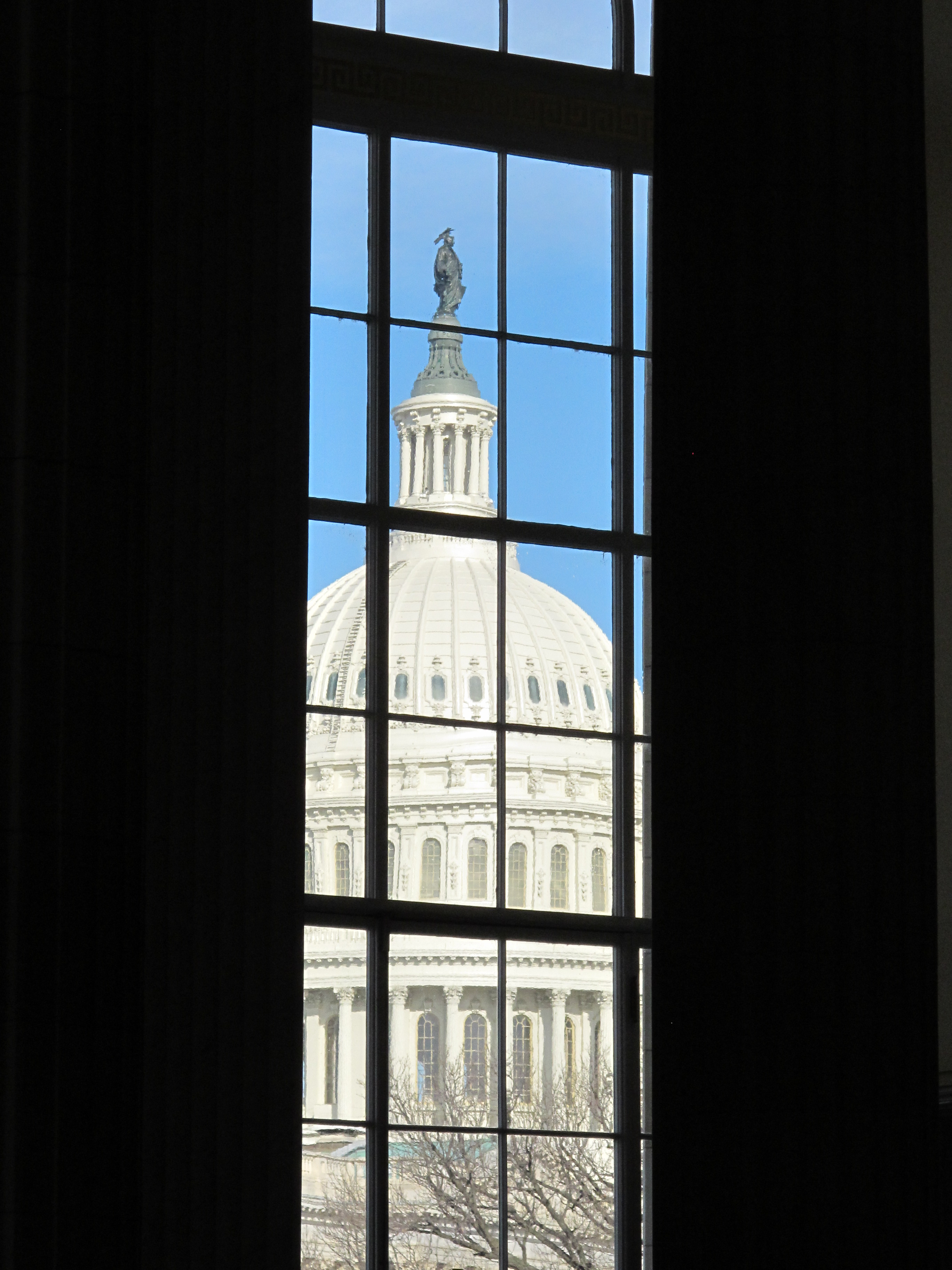
The Senate approved the most sweeping tax rewrite in decades in early December by a vote of 51–49. The vote on the nearly 500-page bill was nearly along party lines — with only one Republican, Sen. Bob Corker (R-TN), voting against it. On the House side, a substantially different bill was approved on Nov. 16 by a vote of 227–205. The significant disparities between the two bills must be hashed out in conference before the final version can be sent to the President’s desk for signing. Check out a summary of the major the differences between the bills here Update – specific provisions H and S. Edit: As this article was being finalized, it looks as if the Senate and House negotiators have just come to a compromise.
Pass-through companies:
Some pass-throughs get a new deduction for reducing their tax burden. For partnership, S corporations, and sole proprietorships, the deduction would be limited to 50% of the taxpayer’s share of “W-2 wages” — those that are subject to withholding, elective deferrals, as well as deferred compensation. If a pass-through didn’t pay W-2 wages, it couldn’t use the deferral. The wage limit wouldn’t apply to taxpayers with income of $250,000 or less for individuals, or $500,000 or less for joint filers (indexed for inflation). The limit would phase in for taxpayers with incomes greater than those thresholds. The deduction would be limited for certain professional services — including those in architecture, health, law, engineering, and accounting. It would be fully available for services businesses with income of $250,00o or less for individuals or $500,000 or less for joint filers (indexed for inflation) and would phase out for incomes greater than those thresholds.
Lower taxes on pass-through business income:
Both the House and Senate bills lower taxes on the business portion of a filer’s pass-through income. The House bill dropped the top income tax rate to 25% (from 39.6%) while prohibiting anyone providing a professional service from taking advantage of the lower rate. It also phases in a lower rate of 9% for businesses that earn less than $75,000. The Senate bill lowers taxes on filers in pass-throughs by letting them deduct 23% of their income (up from 17.4 originally). The 23% deduction would be prohibited for anyone in a service business — except those with taxable incomes under $500,000 if married ($250,000 if single).
What does it all mean?
Most U.S. businesses are set up as pass-throughs (sole proprietorships, partnerships, LLCs, and S corps), rather than traditional corporations. Their profits are passed through to the owners, shareholders, and partners, who pay tax on them on their personal returns under ordinary income tax rates — rather than being filed on a separate business return like a corporation. Currently, pass through pay taxes topping out at 39.6% while corporations pay 35%.
Right now, architects are exempted from benefitting from the preferential tax rate. The relevant section of the Internal Revenue Code referenced in both bills is IRC 1202(e)(3)(A). It reads, “… the term ‘qualified trade or business’ means any trade or business other than—
(A) any trade or business involving the performance of services in the fields of health, law, engineering, architecture, accounting, actuarial science, performing arts, consulting, athletics, financial services, brokerage services, or any trade or business where the principal asset of such trade or business is the reputation or skill of 1 or more of its employees …”
Here’s the status of a few other tax items that we’ve been following:
Historic Preservation Tax Credit
The federal Historic Tax Credit (HTC) was eliminated in the tax reform bill passed by the House, but the Senate approved a version that eliminates the 10% credit for rehabilitation of any structures built before 1936. The 20% credit for certified historic structures would be retained but spread over five years.
179(D) Energy Efficiency Tax Deduction
Neither of the bills includes a renewal of 179(D) which expired at the end of 2016. It is unlikely that Congress will choose to pass an extender package, meaning firms shouldn’t count on being able to utilize this tax benefit moving forward.
